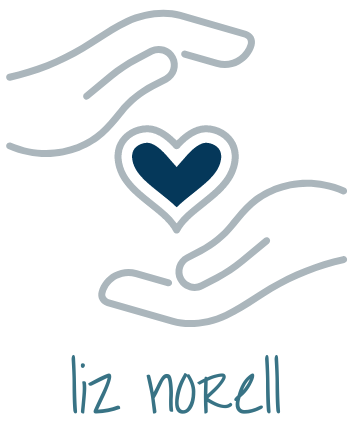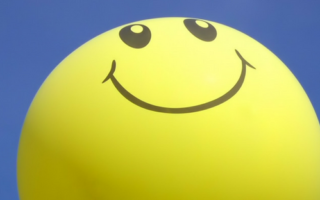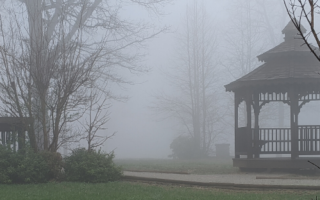The human brain is a magnificent thing. No matter what you’re currently mulling over in your free time, there’s a good chance that it will pop up in other areas of your life in unexpected ways.
And so yesterday, when I was furiously trying to finish my latest book, A Very Expensive Poison: The Assassination of Alexander Litvinenko and Putin’s War with the West, by Luke Harding (a reporter at The Guardian in London), I came across this passage:
The Kremlin’s aim was to avoid an evidence-led inquiry … and to confuse the public mind. The numerous ‘versions’ of [one man’s] murder … were part of a sophisticated media strategy with its roots in KGB doctrine. … There were multiple explanations. How was one supposed to know which one was actually true?
In fact, the aim is to blur what is true with what is not, to the point that the truth disappears altogether. By noisily asserting something is false, you create a fake counter-reality. In time this constructed sovereign version of events becomes real — at least in the minds of those who are watching. (pp. 386-387)
It’s perhaps not entirely surprising that a book about Putin’s efforts to disrupt democratic society in the west would turn up something that was so incredibly relevant yesterday. But then, just a couple of hours later, I was listening to one of my staple podcasts, Slate’s The Gist, and the next episode included an interview with NPR’s On the Media hostess extraordinaire, Brooke Gladstone. She was there to talk about her new book, The Trouble with Reality (which I’ve now ordered). In this episode, she talks about the many ways in which the truth is obscured by the “baubles” the current political climate generates (crowd size, anyone?).
This calls to mind something I’ve found myself sharing with students with alarming frequency in recent years — a quote from Daniel Patrick Moynihan, a former US senator from New York (who, sadly, died in 2003):
Everyone is entitled to his own opinion, but not his own facts.
It’s almost quaint, isn’t it? How cute. How the world has changed.
I think many of us, especially those who have — at one time or another — been drawn to journalism as a career option / opportunity / vocation, want to believe that there is The Truth out there, waiting to be discovered. But unfortunately, we increasingly live in a world where commonly agreed-upon facts are harder to find. When you have someone as cunning as Putin (or as inept as Trump) deliberately trying to obfuscate the truth, and a segment of the mass public who is willing to defend their support of that person to preserve their own cognitive sanity (which I understand — I really do), then the opportunities for mass misinformation run rampant.
And that’s the world in which we now live, I fear.
It’s the world in which I now teach, sadly.
And it makes reasoned, rational, informed discussion nearly impossible.
To wit: Last night, a former student who is (well, was) a Facebook friend sent me a message. I won’t share it with you, but suffice it to say it was (at best) marginally tethered to the truth, a lengthy rant about how Trump can solve all our economic and political problems with a few “common-sense” solutions not even remotely feasible or (in some cases) legal. I sent this person a quick message asking her to leave me off distribution lists for these sorts of messages. She immediately replied: “I tell you what I will delete you and we never have to worry again.”
The world will get no better when we cannot talk across differences; in fact, it will get worse.
When we inhabit bubbles of our own facts, we lose so, so much — compassion, common ground, any hope of resolving differences, and ultimately the very foundation of our small-D democratic (and small-R republican) form of government.
I don’t know how to end this. I do what I do because I have hope, and as an educator I must believe in the power of knowledge to make the world a better place. I keep fighting the good fight (educating my students) and hope my efforts at understanding, compassion, and kindness grease the wheels for true connection.
Carry on, friends.






